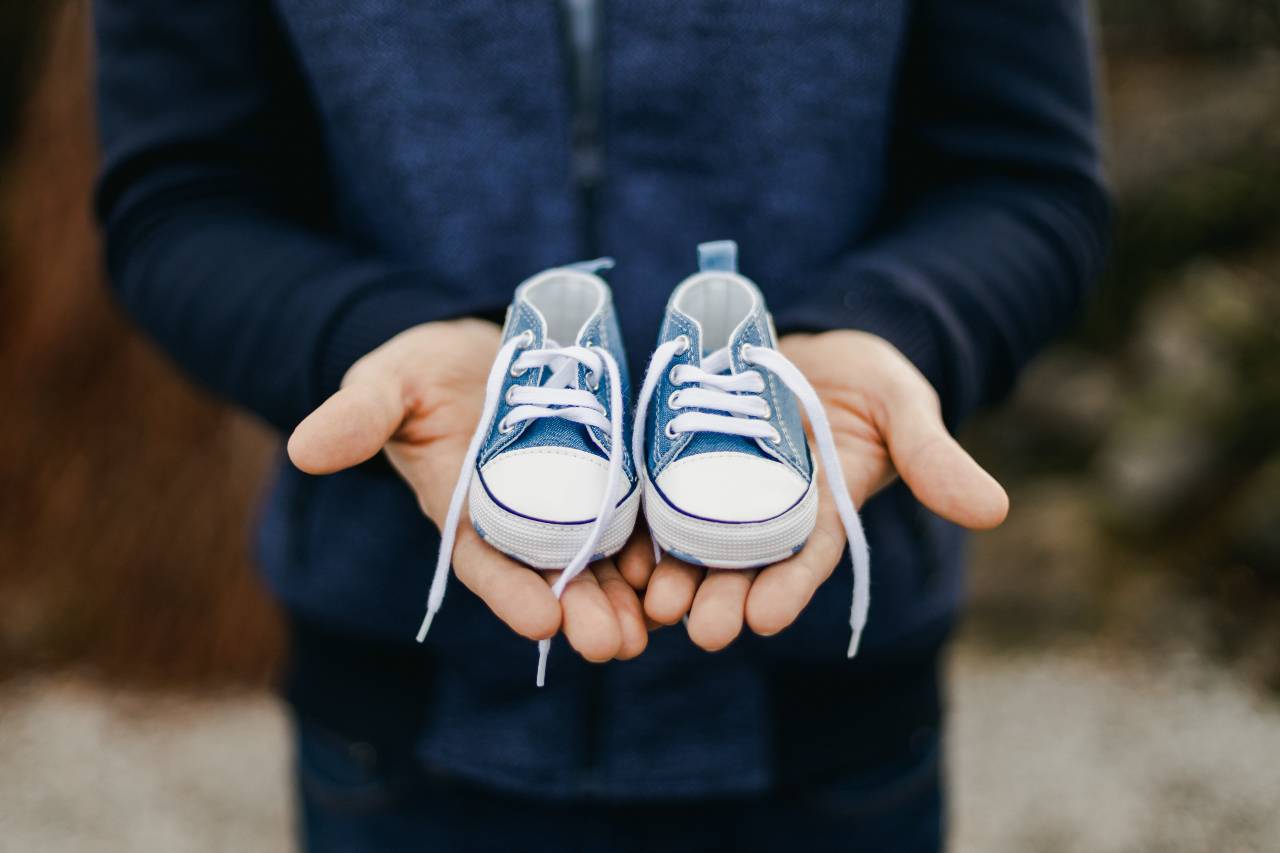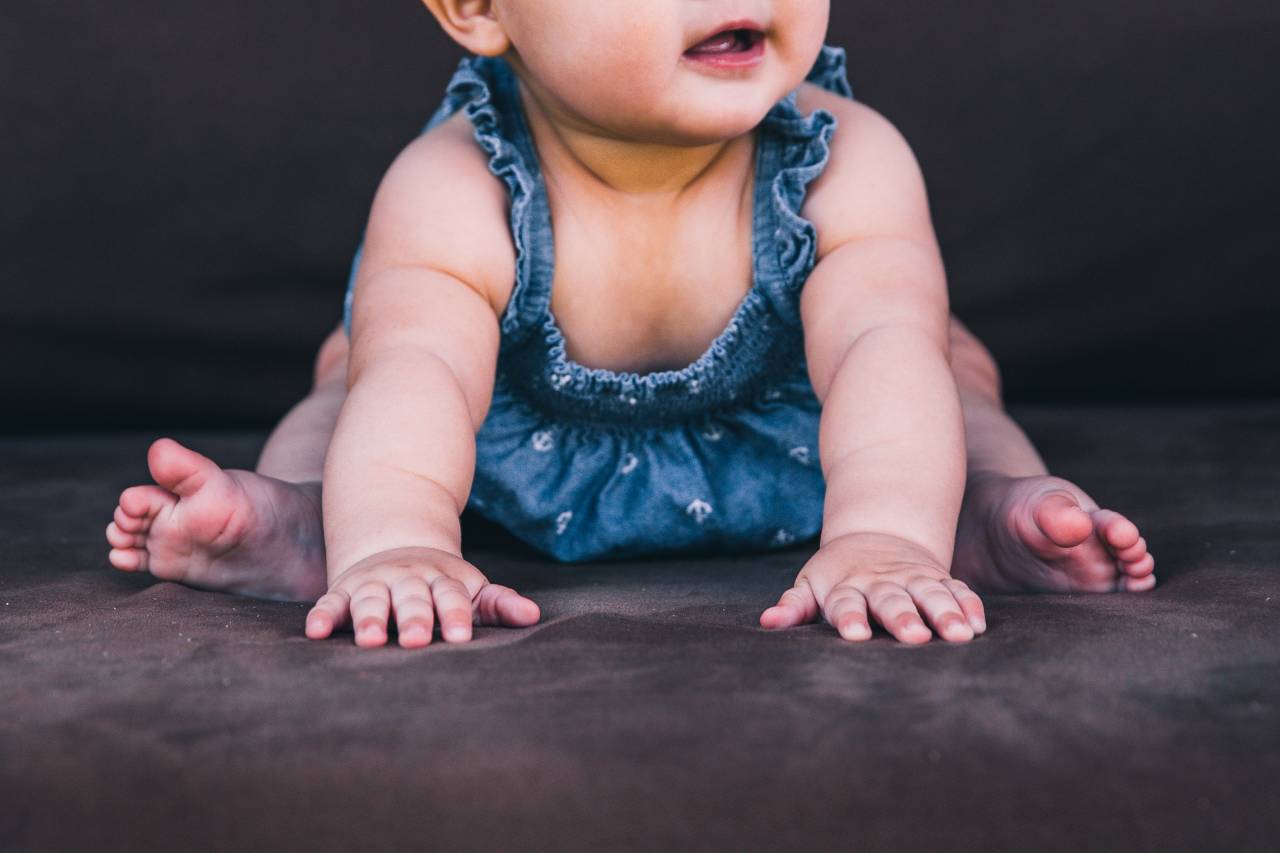
While tiny shoes are undoubtedly some of the cutest things you can buy for your baby, you might want to hold off on making any purchases before they’re actually on the move. Turns out, your baby doesn’t really need to wear shoes until they’re walking. Is it bad for babies to wear shoes? Not necessarily, but according to Sanford Health, they offer your baby no real benefit.
Verywell Family reports pediatricians have been debating the effects of shoes on developing feet for “decades,” and that the American Academy of Pediatrics actually advises against them. According to Sanford Health, if baby shoes are too hard or inflexible, they can restrict natural foot movement. As your baby learns to walk, it’s important for them to feel the ground underneath their feet. Not wearing shoes can help them “develop better balance, strength, and coordination as they learn to walk.”

In 2016, Kevin Geary, parenting guru, teacher, and author of Revolutionary Parent told The Washington Post that going barefoot helps strengthen the feet and lower legs, which can help make the body more agile and less prone to injury, and help the child develop body awareness.
“Another benefit to keeping babies barefoot is the encouragement of presence of mind and conscious awareness,” Kacie Flegal, a chiropractor with a specialization in prenatal care and pediatrics, wrote in Natural Child Magazine. She also wrote that feet are one of the most sensory-rich parts of the human body, and letting your baby go barefoot as they learn to walk can support the development of their proprioceptive and vestibular systems.

“Proprioception is the ability to perceive the motion and position of our bodies in space and is generated by receptors located within our joints, connective tissue, and muscles,” wrote Flegal. It’s the body’s ability to sense its location, movements, and actions, according to Healthline. “The vestibular system is the creation of balance and coordination as changes in center of gravity, posture, and head position shift.”
It makes sense that keeping your baby barefoot would help them optimize their balance and coordination as much as possible, and as they’re learning to walk, these factors are some of the most important. “As the little pads of babies’ feet feel, move, and balance on the surface that they are exploring, the information sent to the brain from tactile, proprioceptive, and vestibular pathways quiet, or inhibit, other extraneous sensory input,” wrote Flegal. “This creates focus and awareness of walking and moving through space; babies get tuned in to their surroundings.”

As your baby’s feet develop, keeping them barefoot is the best way to go. But if you live somewhere cold and you want to keep baby’s feet warm, Kidshealth suggests socks or booties with non-skid soles. It’s also OK to use decorative socks or shoes to accessorize an outfit for a special occasion once in a while, before the baby is actually on their feet. And eventually, when they’re comfortable walking, make sure the shoes you pick for them are comfortable and provide grip on slippery surfaces. Kidshealth reports they should “fit snuggly at the heel but still allow room at the toes.” Shoes with higher ankles will be harder for them to take off, too.
One day, your baby will wear all kinds of trendy shoes. Maybe even shoes you wish they wouldn’t! But as their little feet develop, don’t stress too much about shoes. Your baby’s balance and coordination (and your wallet!) will thank you.


